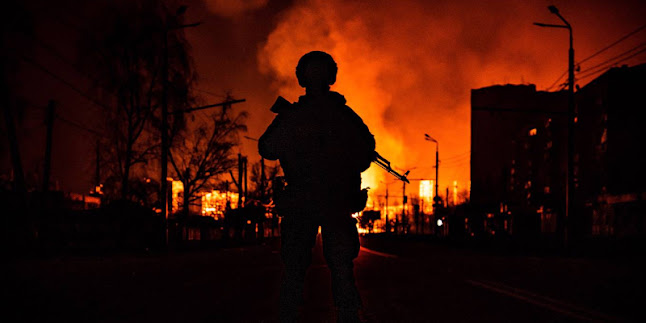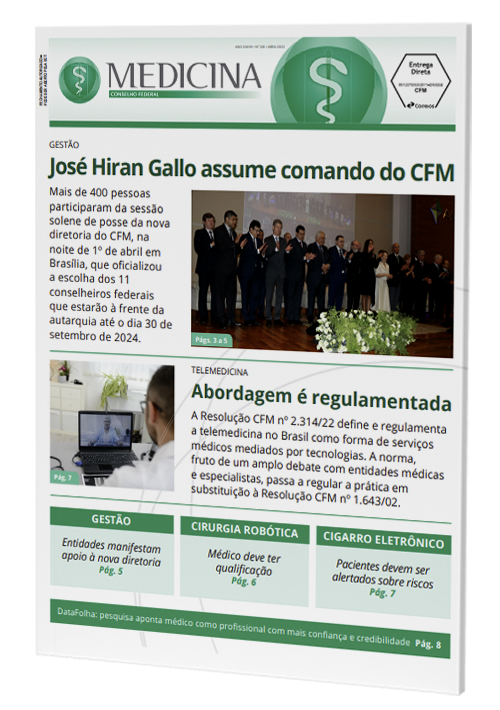3.086 - AMICOR (25) em construção
#Dra. Valderês A. Robinson Achutti (*13/06/1931+15/06/2021)
No Uruguai, junto à muralha do forte
Dia 13 de junho, dia do aniversário dela (estaria fazendo 91 anos), segunda feira, dia de Santo Antônio, na Igreja do Pão dos Pobres, 17 horas, missa para lembrar um ano do falecimento.
(clicar em Apresentação de Slides)
#Maria Popova
Your Brain on Grief, Your Heart on Healing
“Grief is a heart-wrenchingly painful problem for the brain to solve… to live in the world with the absence of someone… ingrained in your understanding of the world… For the brain, [they are] simultaneously gone and also everlasting, and you are walking through two worlds at the same time.”
BY MARIA POPOVA

“‘Tis good — the looking back on Grief,” Emily Dickinson wrote as she calibrated love and loss. But she did not mean that it is good to ruminate and wallow — Dickinson so deftly played with the surface of meaning, so delighted in startling us into a flinch or furrow before plunging us into the deeper truths she fathomed. She meant, I think, that a love lost is grieved forever, whatever the nature of the loss — this she knew, and turned the ongoingness of it into a lifetime of art — but by looking back, we are reminded over and over that the sharp edge of grief does smooth over time, that today’s blunt ache is worlds apart from the first stabs, until grief becomes, as Abraham Lincoln wrote in his stirring letter of consolation to a bereaved young woman, “a sad sweet feeling in your heart, of a purer and holier sort than you have known before.”
#Nautilus
Microplastics are so ubiquitous that scientists are starting to talk about a “plastic cycle” as if it were a natural and enduring feature of the environment, like the water and nitrogen cycles. Could the presence of microplastics in our environment serve as a signature of the Anthropocene, a new geological epoch inaugurated by human activity? |
“Absolutely,” Katharine Gammon said, in our conversation about her recent story. “Every time we take a plastic bag from the grocery store we’re making a 500-year decision in an instant because you know that’s going to be around for far longer than you or your kids or your grandkids.” |
We discussed, among other things, what all this means for those working on policies to protect us from microplastics, as well as what other stories Gammon is reporting on. Watch here. |
–Brian Gallagher, associate editor What is our hidden consumption of microplastics doing to our health? |
 Continue reading → | “I think the flow of time is not part of the fundamental structure of reality,” theoretical physicist Carlo Rovelli tells me.
Continue reading → |
|
|
The brains of human beings are different from those of every other species of animal, because all species’ brains have been tuned to their lifestyles through millions of years of evolution. |
The brains of human beings are different from those of every other species of animal, because all species’ brains have been tuned to their lifestyles through millions of years of evolution.
|
|
|
From the archive: Perhaps Arthur C. Clarke was being uncharacteristically unambitious.
Continue reading →
|
#Project Syndicate

On Point
George Soros frames the war in Ukraine as the latest battle for open-society ideals – one that implicates China as well.
#FOTOETNOGRAFIA 25
#Academia SR Medicina
#WHF
#Aeon Magazine
In the jungle of Suriname, Maria Sibylla Merian discovered insect metamorphosis
#Pythom Maps
Thanks to Barbara Fraser twitte
#SBC Webinar #|
The Langlands Program, ExplainedVideo by EMILY BUDER
Column by ALEX KONTOROVICH The Langlands program provides a beautifully intricate set of connections between various areas of mathematics, pointing the way toward novel solutions for old problems.
Watch the video
Read the column |
|
| |  | How to Make the Universe Think for UsBy CHARLIE WOOD Physicists are building neural networks out of vibrations, voltages and lasers, arguing that the future of computing lies in exploiting the universe’s complex physical behaviors.
Read the article
Related:
Powerful ‘Machine Scientists’ Distill
the Laws of Physics From Raw Data
by Charlie Wood |
 | How Could Life Evolve From Cyanide?Podcast hosted by STEVEN STROGATZ How did life arise on Earth? Steven Strogatz speaks with the Nobel Prize-winning biologist Jack Szostak and Betül Kaçar, a paleogeneticist and astrobiologist, to explore our best understanding of how we all got here.
Listen to the podcast
Read the transcript |
|
Do Look Up
Scientists have designed a new algorithm to sift through telescope images for new asteroids, reports Kenneth Chang for The New York Times. Keeping track of asteroids is especially important in our current era. In 2019 Joshua Sokol wrote for Quanta about how studying lunar craters revealed that the last 300 million years have been particularly violent, with more frequent asteroid collisions.
Rapid Evolution
A large-scale study of 19 different animal populations over more than a decade reveals that natural selection is happening 2 to 4 times faster than previously thought, reports Qamariya Nasrullah for Cosmos Magazine. Evolution can occur surprisingly quickly over short timescales, but sometimes these rapid short-term changes cancel out over the long run, as Carrie Arnold wrote for Quanta in 2017. |
|
|
#Conselho Federal de Medicina
| | |
|
|
|









 million people every year, including 1.2 million non-smokers as a result of second-hand exposure.
million people every year, including 1.2 million non-smokers as a result of second-hand exposure. Tobacco growing and manufacturing poison and destroy our
Tobacco growing and manufacturing poison and destroy our 

 , further harming human health
, further harming human health 













